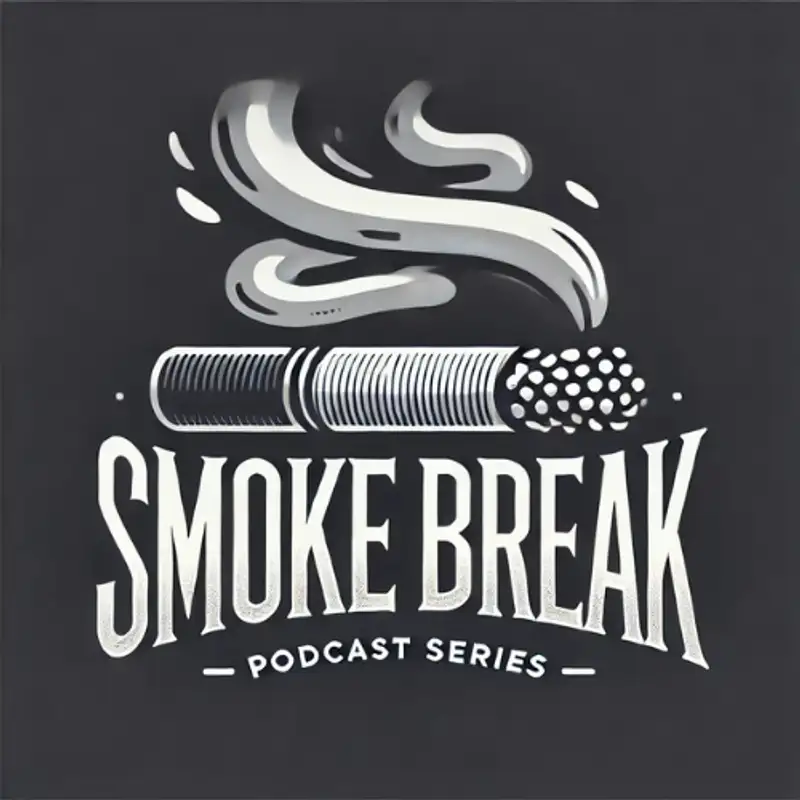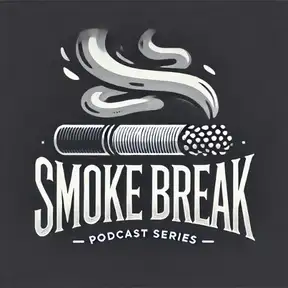Episode 25: Role-Playing - Your Training Secret Weapon
Episode 25: Role-Playing - Your Training Secret Weapon
Hey there, store owner! Mike Hernandez back with another episode of "Smoke Break." Today, we're diving into something that might feel awkward at first but can transform your team's customer service skills – role-playing exercises. Trust me, this training method is pure gold.
I recently worked with Angela, who couldn't figure out why her staff training wasn't sticking. She'd tell them what to do, they'd nod along, but when real situations came up, they'd freeze. Sound familiar? Then we tried role-playing, and everything changed.
Let me share what happened at Mike's store. His team was nervous about suggesting additional items to customers, thinking they'd come across as pushy. We set up role-playing scenarios where they practiced making natural suggestions. They'd take turns being customers and cashiers, trying different approaches. Soon, what felt awkward became natural.
Here's something fascinating about role-playing. Dave's store had an issue with handling angry customers. Instead of just telling his staff what to say, we acted out common situations. Staff got to experience both sides – being the angry customer and the calm employee. Their confidence in handling real situations skyrocketed.
Think about training new employees. Sandra used to just have them shadow experienced staff. Now she includes role-playing sessions where new hires practice everything from greetings to handling refunds. They make their mistakes in practice, not with real customers.
I worked with a store where the staff struggled with ID checks for age-restricted products. We role-played different scenarios – the friendly customer, the angry one, the one trying to use a fake ID. By practicing these situations, staff became more confident in enforcing policies while maintaining good customer service.
Let me tell you about Tim's morning huddles. He'd pick one situation they might face that day and do a quick five-minute role-play with his team. Maybe it was suggesting breakfast combos or handling a price dispute. These brief practice sessions kept service skills sharp.
Here's something crucial about role-playing – it needs to be realistic. Lisa records common customer interactions on her phone (with permission) and uses these as inspiration for role-play scenarios. Her team practices handling real situations they're likely to face, not theoretical ones.
Think about seasonal challenges. Pete's store would role-play scenarios they'd face during busy holidays or local events. His team practiced handling long lines, special requests, and stressed customers before these situations actually occurred.
Here's a question to check your understanding: How does role-playing differ from other training methods, and why might it be more effective for improving customer service skills? Think about it, and we'll discuss the answer in our next episode.
Your action item for this week: Schedule a 15-minute role-playing session with your team. Pick one common customer interaction you'd like to improve. Have each employee practice both the customer and employee roles. Get their feedback on what felt natural and what needs work.
That's all for today, store owner! Remember, practicing in a safe environment helps your team handle real situations with confidence.
If you found this helpful, don't forget to subscribe to our channel and share it with fellow convenience store owners. And for more in-depth content, head over to cstorethrive.com.
Thanks for joining me on this Smoke Break. I'm Mike Hernandez, and I'll see you in the next episode!

